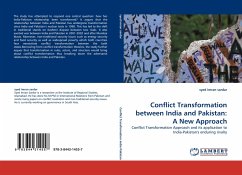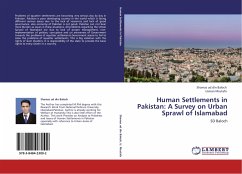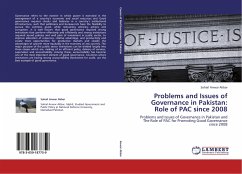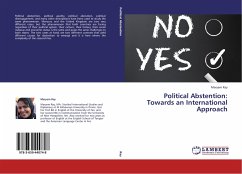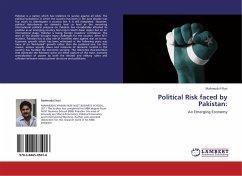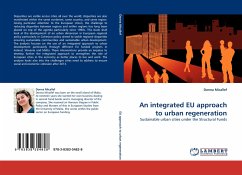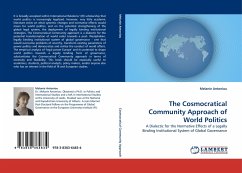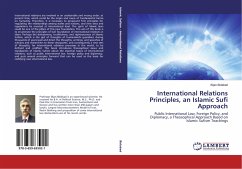The study has attempted to respond one central question: how has India-Pakistan relationship been transformed? It argues that the relationship between India and Pakistan has undergone transformation since India and Pakistan's nuclear tests in 1998. This has led to the shift in traditional stands on Kashmir dispute between two rivals. It also averted war between India and Pakistan in 2001-2002 and after Mumbai blasts. Moreover, non-traditional security issues such as energy security and food security as well as widespread poverty which both countries face necessitate conflict transformation between the both states.Borrowing from conflict transformation theories, the study further argues that transformation in rules, actors, and structure would bring about conflict transformation thus breaking down the adversarial relationship between India and Pakistan.
Bitte wählen Sie Ihr Anliegen aus.
Rechnungen
Retourenschein anfordern
Bestellstatus
Storno

